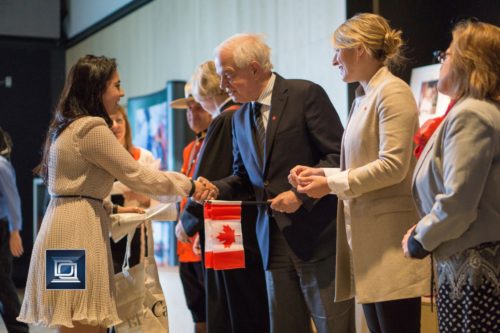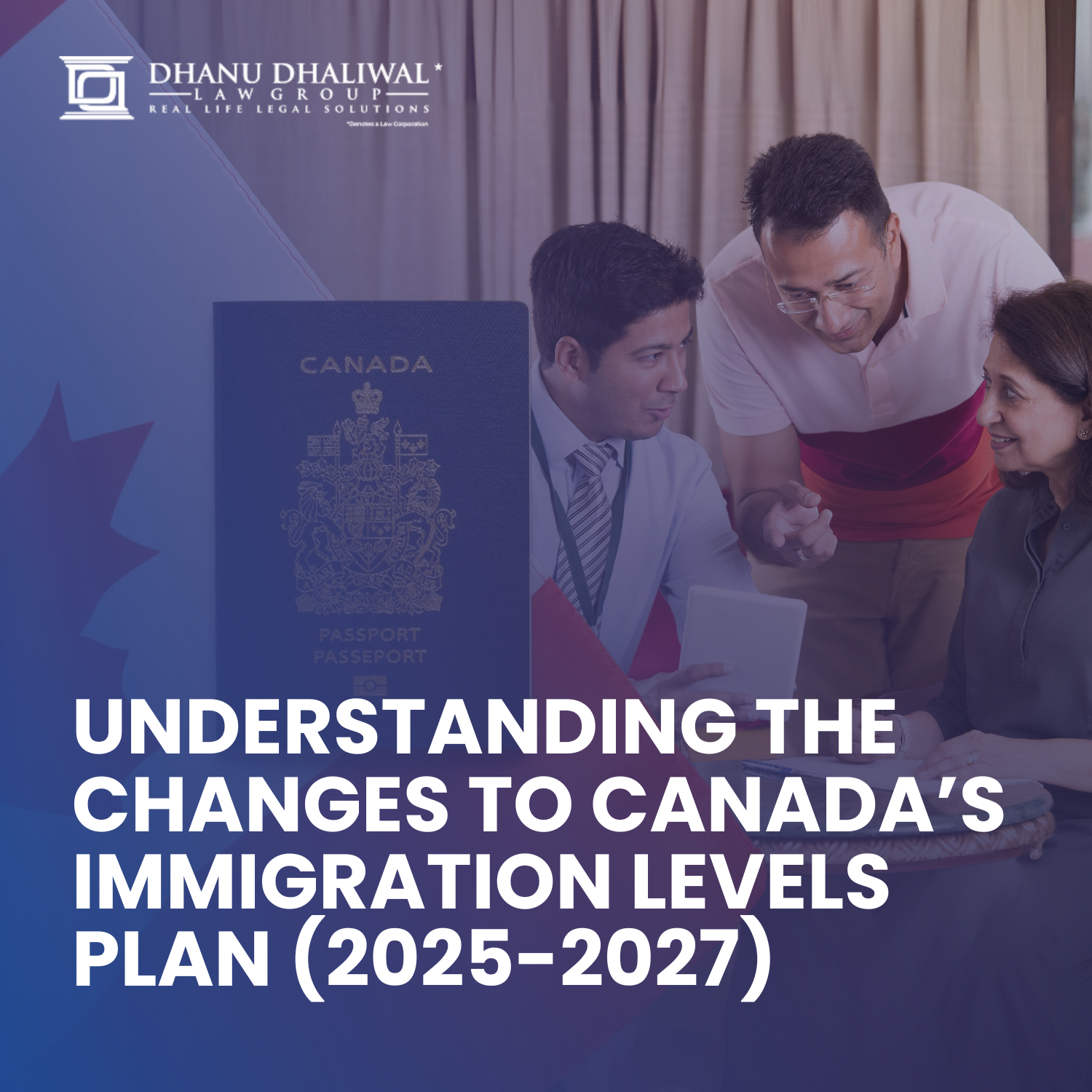April 6, 2022—Ottawa—Across the globe, millions of people are displaced and in need of safety and protection. Only about 1% of refugees have access to resettlement each year, leaving millions of people in limbo and a significant talent pool often untapped. Labour complementary pathways provide an additional way, beyond resettlement, for displaced people to find durable solutions in third countries through labour migration programs. In so doing, they recognize refugees’ skills, experience and talent, in addition to their need for protection.
To see these successes on a larger scale, we need to make labour immigration avenues accessible to refugees. Today, the Global Task Force on Refugee Labour Mobility was launched and introduced Canada as its inaugural chair. The Task Force will build momentum for labour complementary pathways around the world. Leaders from Canada, Australia, the United Nations Refugee Agency, the International Organization for Migration, the International Chamber of Commerce, Fragomen, Talent Beyond Boundaries, and RefugePoint held the first meeting of the Task Force to discuss the transformative potential of refugee labour mobility initiatives.
By working together with like-minded partners and countries, Canada will continue to be a global leader in attracting international talent to fill skilled labour shortages and drive post-pandemic economic recovery. Labour complementary pathways are intended to work alongside existing humanitarian resettlement programs, with the goal of expanding the number of pathways available for skilled refugees to immigrate abroad.
This initiative builds on Canada’s Economic Mobility Pathways Pilot (EMPP), a ground-breaking program that recognizes the skills and abilities of refugees by removing barriers and helping them and their families immigrate to Canada through existing economic programs.
The Task Force will engage with global stakeholders from governments, businesses, non-governmental organizations (NGOs) and civil society to increase the number of skilled refugees welcomed to Canada, while decreasing labour shortages where Canada needs it most.
The Task Force will organize activities throughout the year to identify opportunities to implement and increase labour pathway initiatives. In addition, it will work to better understand the policy and operational challenges associated with their implementation and to find practical solutions to overcome them. This will include immense collaboration to ensure pilot projects can develop into official programs. The success of this work will rely on participation from the many stakeholders who actively support the implementation of these pathways, and whose experience and lessons learned will be crucial to informing policy and program improvements.
The Task Force will also prepare a detailed report in 2024, which will document its work and successes and outline policy and operational considerations for the scaling and institutionalization of labour complementary pathways for refugees around the world.
Through this global collaboration, the Task Force will explore how these initiatives can support skilled refugees in need of protection, while also providing opportunities for them to make meaningful contributions to their new communities.
Understanding and facilitating the admission of skilled refugees through alternative and innovative pathways is not only a complement to our humanitarian commitments, it is a commitment to economic growth through supporting our communities and industries across the country that rely on immigration. Labour complementary pathways will increase the attraction and retention of newcomers in regions with acute economic, labour and demographic challenges. Together, the Global Task Force on Refugee Labour Mobility will further help bring the immeasurable contributions of immigrants to our communities and all sectors of the economy.
You can see the original news release on the IRCC Newsroom.
Read more immigration news on our Legal Wire Blog.






